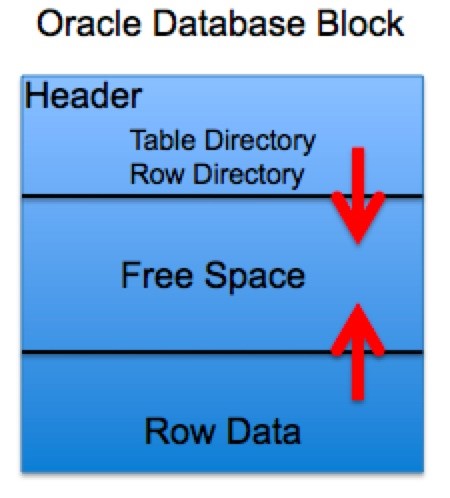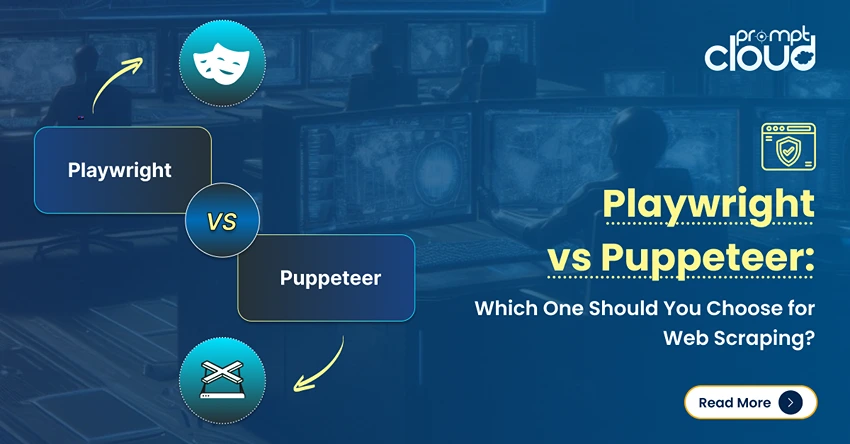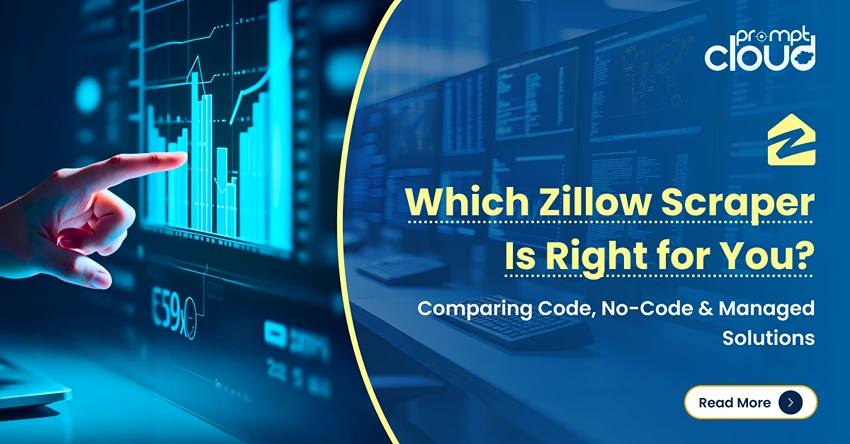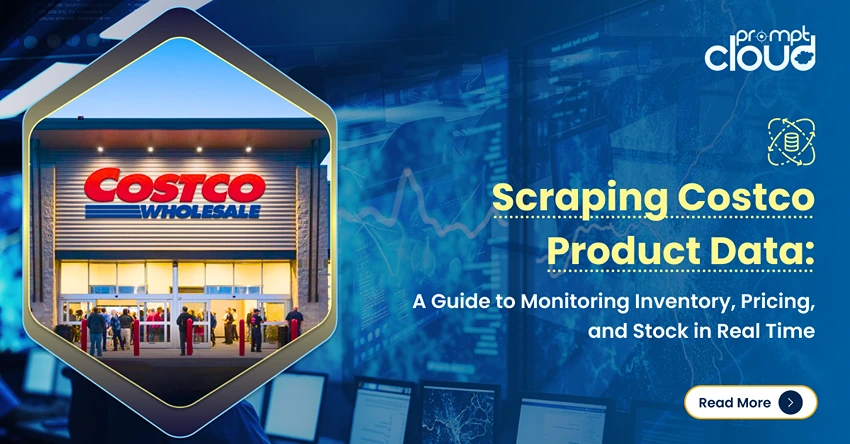Databases are the fuel that runs many organizations’ information technology departments. They hold vital information and business intelligence, supporting hundreds of thousands of transactions daily. Because of this, there are many database products available for businesses today. These are different in performance, price, functionality and database administration.
As a business, you have a wide range of choices in database management systems (DBMSs), top of which are Oracle, IBM and Microsoft, which own more than 85% of the market share between them.
Oracle RDBMS
Oracles has about 6 versions that are in use presently, namely Oracles 7, 8, 8i, 9i, 10g, 11g and the less common and most recent 12c. In Oracle, the database itself makes a major component in the Fusion applications platform, although Oracle business software can still be used with databases from other companies.
Each version of Oracle database is an improvement on the last, and has different features which dictate pricing and usage. Its Standard Edition is intended to provide basic functionality and can be used for servers supporting 1-4 processors. Anything above four will require a license for the Enterprise Edition and database administration support, which is accessible remotely.
The Enterprise Edition has more features and offers greater performance with higher security. Also, there are no limits on memory and it can use clustering through the software suite Oracle Real Application Clusters. They also have Express Edition Personal Edition and Database Lite, the last of which is intended for mobile use.
IBM DB2
This is the second most prevalent DBMS, though IBM likes to call it a ‘data server’. It also has many versions depending on the devices to be used, from mainframe computers to handheld devices. The latest is the DB2 Version 9 (aka Viper), which offers a series of licensing packages, so that users can only pay for features they actually need and use.
Specific categories include the Enterprise Server Edition, Workgroup and Workgroup Unlimited. Its Datawarehouse Enterprise Edition is the most sophisticated of the lot and is designed for use with Linux, UNIX and Windows. It can support mixed workloads e.g. data warehousing and web transactions or specific business intelligence (BI) operations. Its BI features include data mining, extraction, loading/transformation, inline analytics and web analytical processing acceleration.
Microsoft SQL Server
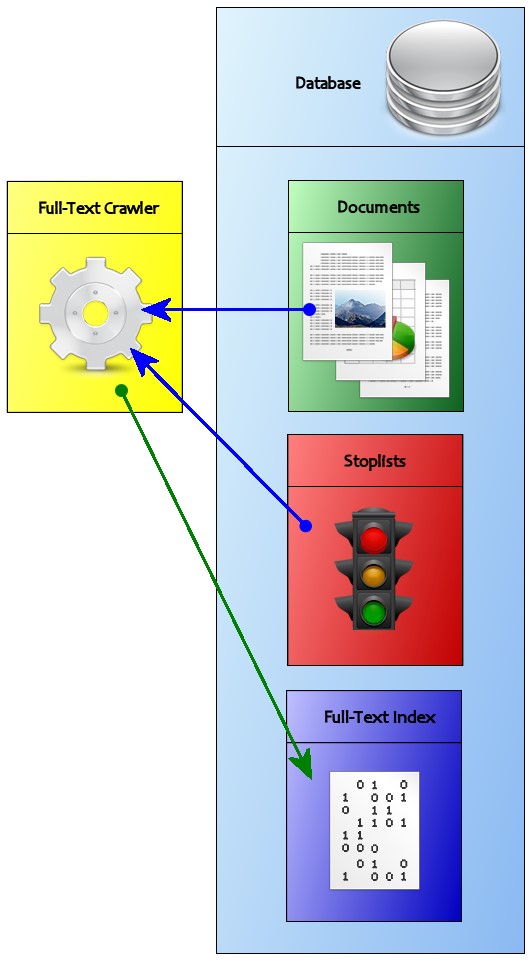
Its latest edition is the Microsoft SQL Server 2005, which has four main versions: Enterprise, Standard, Workgroup and Express. There are also other editions like the Mobile, Compact and Developer, which are less popular.
Going the open source way
There are many open-source database products which are becoming more popular owing to the reduction in cost. Since their inception, they have improved in scalability and functionality. Examples are PostgreSQL, MySQL and Ingres, which are the best in this category.
Such products have the advantage of circumventing user vendor lock-in since they are compatible across platforms. They also have better support and more comprehensive ecosystems. However, there are no open source databases with data warehousing and related features as yet.
Author bio: Jenny Richards is content marketer for RemoteDBA.com with one of the leading companies in the country which provides remote DBA support services.




